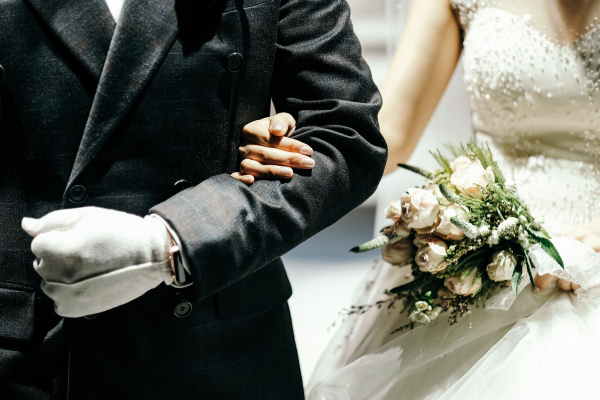By Greg Spearritt
Let me state up front: the current gender crisis is not up to women to fix. It’s male behaviour and a deeply sexist culture, and a society designed by and for men, that are at the root of the issue. We all have a part to play, especially men.
Our hapless Prime Minister has not helped in his many mis-steps on this issue. Although being willfully ignorant seems to be part of his get-out-jail-free strategy on some troublesome issues (and here), Scott Morrison now (finally) appears genuinely concerned about the current gender crisis.
The PM is a good case study for this problem. It’s not that he doesn’t ‘get it right all the time’, it’s that at a deep level he actually doesn’t ‘get it’. He doesn’t understand that the problem is so intractable because, like racism, sexism is very deeply embedded.
Scott Morrison does not intend to be a misogynist. Brittany Higgin’s alleged rape, however, doesn’t hit home for him till he’s advised by his wife to think about his own daughters. He hasn’t time to go out and speak to women marching in anger, but can find time to shake hands in the change room with the blokes who won the footy.
Morrison’s attitudes to men have a similarly (unwittingly) sexist character. Labor’s Jim Chalmers, for example, is labelled ‘precious’ for crying. Blokes, apparently (especially footy-loving ones?), cannot express emotion. This isn’t good for men or for women.
The PM’s behaviour is a symptom of a general and deep societal malaise. Indeed, we learned recently from Australian research that if a woman eclipses her partner’s earnings she has an increased risk of domestic violence in the order of 35 percent.
But the gender malaise affects women’s attitudes too. Why would it not?
Some current and former female politicians also show they don’t get it – Amanda Vanstone (and here), Amanda Stoker and Linda Reynolds among them.
Sexism is in the water. It infects assumptions, attitudes and behaviours in ways many of us (to speak for myself) are just starting to see. Women’s attitudes as much as men’s. It’s heartening to hear that younger women may be starting to challenge these attitudes and assumptions, but there’s a long way to go.
At a wedding I recently attended, the bride was ‘given away’ by her father. Clearly no-one, including the intelligent and competent young bride, saw the historical implications behind this: women are chattels, owned by men. So many brides still take their husband’s name without thought of what’s behind that particularly patriarchal tradition. Bucking the tradition is not unknown, but it’s rare and can come with costs.
What are these women (and men) thinking? How can our crisis of inequality, domestic violence and rape be tackled without a radical questioning of these disturbing – if seemingly innocuous – traditions?
Disclaimer: views represented in SOFiA blog posts are entirely the view of the respective authors and in no way represent an official SOFiA position. They are intended to stimulate thought, rather than present a final word on any topic.
Photo by insung yoon on Unsplash



This brings us back to the Nature versus Nurture quandary.
From a harsh evolutionary viewpoint, men are warriors and women are baby-machines.
Nevertheless, human culture inhibits as well as enhances those evolutionary tendencies.
Hopefully, at the moment, it is cultural inhibition which is in the ascendant.
The observations on Scott Morrison are fair in my view, although if he had greeted some of the women marching he might have been abused. I am thinking of the slogans that were shouted in Brisbane and probably in Canberra and am not surprised he kept away.
We have come a long way. Both my daughters have kept what was called their ‘maiden’ names. I have had to request that I not be called by both my husband’s names!
Thanks Greg. It’s good to see these issues raised by a man! You stated increased family violence when there is an earning disparity and I wondered if the researchers looked at divorce rates also. Money issues are a feature of many relationship difficulties.